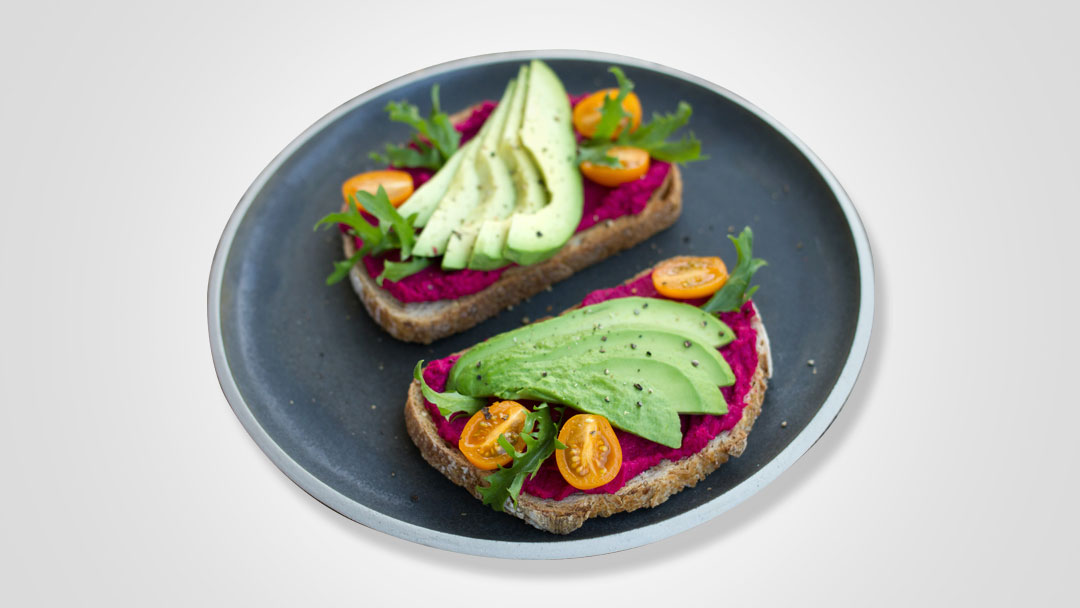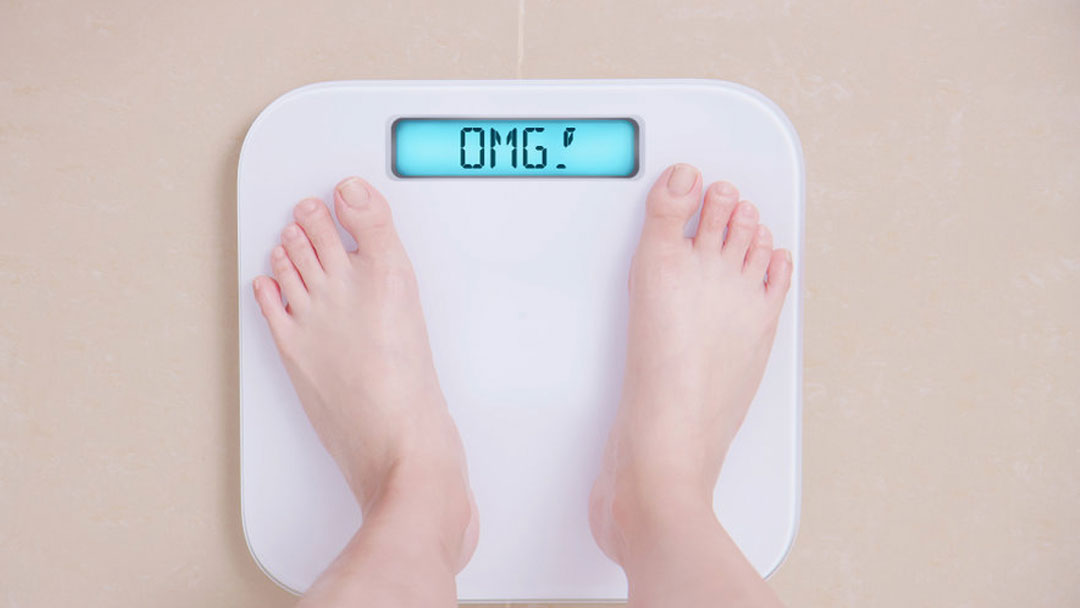Endometriosis: Menstrual cramps and pain during menstruation. How can diet help?
Can eating certain foods help women better manage the cramping and pain they experience during their periods? There is evidence to support this and to suggest good nutrition can help reduce both the risk and impact of endometriosis.
What is endometriosis?
Most women experience period pain at some point. However, around one in ten have a condition called endometriosis, making it the UK’s second most common gynaecological condition (after fibroids).
The causes of endometriosis are still largely unknown. It involves cells normally found in the uterus lining (womb) attaching themselves to other body tissue instead, such as the fallopian tubes or ovaries. This can cause complications as they still build up and break down on a monthly basis, but they can’t be expelled from your body like what normally happens in periods.
Therefore, endometriosis can result in inflammation and scar tissue.
While some women are unaware they have this condition, for some the symptoms are substantial. Including pelvic/abdominal pain, fatigue, problems during sexual intercourse, and reduced ability to get pregnant. In severe cases, the woman can experience depression and an inability to work or enjoy leisure time, as well as relationship problems.
One of the reasons it can remain undiagnosed – potentially for years – is that milder cases can be confused with heavy or painful periods or conditions such as irritable bowel syndrome (IBS).
Also, as its causes are a mystery, there is currently no cure for endometriosis. Though there are ways to reduce its impact.
Good nutrition and endometriosis
It’s important to find natural ways to manage and possibly prevent endometriosis. Steps you can take to reduce period pain and cramps in general too.
Interestingly, research has shown that the risk of developing endometriosis is lower in women who eat the correct amounts of fruits and vegetables, fish oils, dairy products, and foods containing omega-3 fatty acids.
This research also suggested that consuming a lot of foods high in trans-unsaturated fatty acids, alcohol and red meat (especially beef) increases the risk.
Also, by reducing or eliminating inflammatory foods, it makes sense that your tissues are less inflamed, and your pain can be better managed. This could also affect your production of the female hormone oestrogen, which make period problems worse if the level is too high.
What is the endometriosis diet?
This is something professional nutritionists can help with if you want to develop the best diet for painful periods or endometriosis. Especially as your age and any other dietary requirements would need to be factored in.
Generally though, it would explore changes you can make to reduce/replace consumption of red meat, gluten, dairy, sugar and sugary treats, soy products, alcohol and caffeine.
You can make an appointment to consult a nutritionist in London at our bi-lingual health clinic. Also, if you do experience any of the symptoms above, one of our private GPs can help you find ways to manage heavy or painful periods and can diagnose and treat endometriosis.




